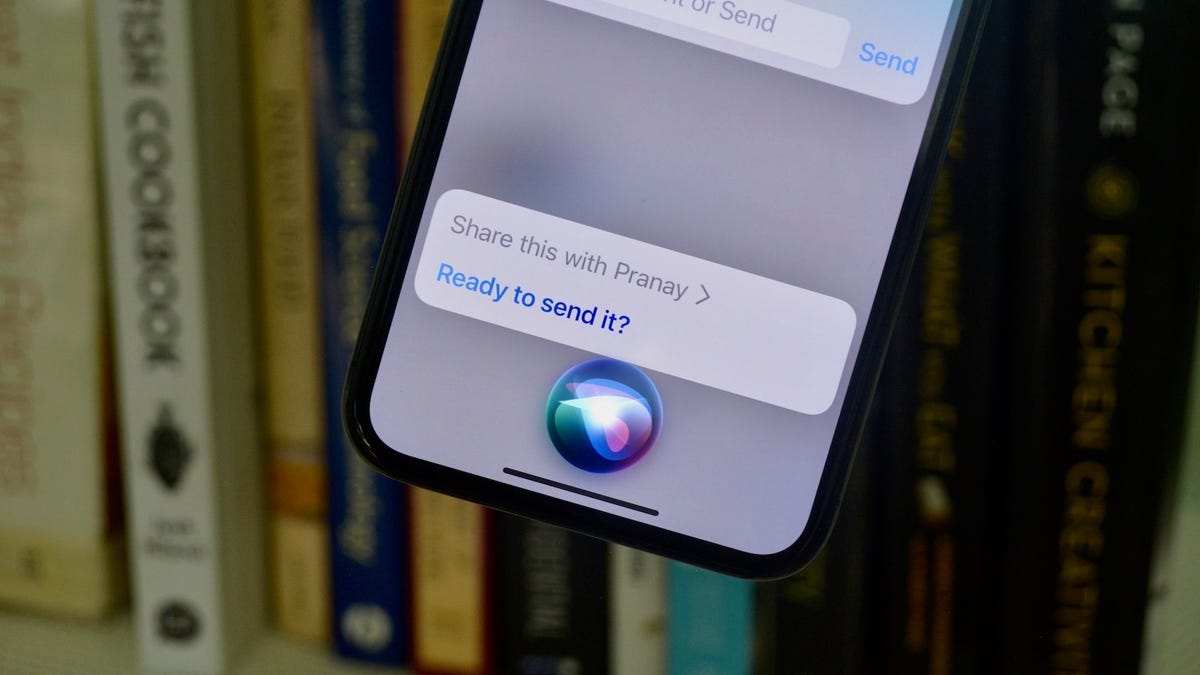How to Negotiate With Debt Collectors (and Why You Always Should)
There’s no shortage of scammers out there pretending to be debt collectors, harassing you via call and text day after day. If you are blocking these numbers, you want to to be certain they really are scams, though, and...


Photo: fizkes (Shutterstock)
There’s no shortage of scammers out there pretending to be debt collectors, harassing you via call and text day after day. If you are blocking these numbers, you want to to be certain they really are scams, though, and that you’re not ignoring legitimate debt collectors (who can find you on social media, by the way).
Calls from legitimate debt collectors mean your original lender, such as a bank or a hospital, has sent your account to a collection agency in an effort to see the debt paid. However, you may be surprised by many agents’ willingness to accept a partial payment or proposed repayment plan. Here’s how you can negotiate your debt when a collection agency contacts you.
Don’t ignore calls from a debt collector
With all the robocalls terrorizing us these days, it’s natural to let most unknown numbers rot in your voicemail inbox. However, if it is a legitimate debt collector, it’s inadvisable to simply ignore the call. Before you do accept the call or call them back, though, make sure you review your rights per the Fair Debt Collection Practices Act, outlined below.
Know your rights under the Fair Debt Collection Practices Act
The Fair Debt Collection Practices Act (FDCPA) limits what debt collectors can do when collecting certain types of debt, including auto loans, credit cards, medical, mortgage, and a few others. Some states have additional laws. Plus, legitimate debt collectors cannot make threats or harass you. Brush up on all your rights when it comes to debt collectors, so that you can protect yourself from a scam or from revealing compromising information over the phone.
G/O Media may get a commission

60% off
Jachs NY Fall Sale 60% Off
Styles starting at $29
Layer up with Jachs NY’s fall sale—60% off fall styles. Shirts start at $29, and with the promo code, you can curate a whole layered look.
Use the promo code FALL60
Crucially, debt collectors are required to provide the following key details: The name of the creditor, the amount you owe, that you can request the name and address of the original credit, and the fact that you can dispute the debt.
Learn about the debt
Use your rights listed above to gather all the necessary information about your debt. You want to know who you owe money to and how much you allegedly owe them. If you choose to dispute a debt, the debt collector must verify it. As long as you make your dispute in writing within 30 days of receiving the validation notice, the debt collector is not allowed to contact you again until it sends you that written verification of the debt.
Make sure you request all the information you need in order to figure out a negotiation plan. As we touched on at the top, an agent may decide to accept your proposal for a partial payment rather than go through a long, painful collection process.
What not to say to a debt collector
Even if you’re pretty sure you do owe the debt claimed by the collection agency, do not confirm it just yet. According to U.S. News, oral confirmation can validate the debt or extend the statute of limitations for collection.
If it’s an old debt (say, over three to six years), don’t make a payment until you talk to a lawyer. You might be outside your state’s statute of limitations on the debt.
Figure out your negotiation plan
Once you’ve confirmed that the debt is legitimate, it’s time to negotiate a payment plan that works for you. This conversation with a debt collector might be more fruitful than any initial negotiations you attempted with the original creditor. The Consumer Financial Protection Bureau (CFPB) outlines two main paths for negotiating your debt:
Partial repayment. Although the debt collector may demand the full amount owed, in some cases, they’ll be willing to accept a lower sum. Explain your financial situation and start your negotiations low. The CFPB suggests starting by offering cents on every dollar you owe, say around 20 to 25 cents, then 50 cents on every dollar, then 75.
A payment plan. Review your monthly budget and debt priorities. Falling behind on other bills to prioritize this debt could lead to greater issues down the line. If the payment terms from the original lender were unmanageable for your financial situation, you may be able to negotiate a lower monthly amount with the collector. Determine how much money you can reasonably put toward a recurring debt payment.
Keep records of everything
As you come to an agreement on a repayment or settlement plan, get everything in writing. Get clear documentation that the debt will be accepted at a lower rate and be reported as “paid in full” or “paid as agreed.” Otherwise, the collection agency may go back on verbal promises to stop collection efforts or try to re-negotiate the amount owed down the line. Do not make a payment before you have a written record of the agreement.
Then, after your debt is paid off, get a written confirmation that you have settled your debt. The last thing you want is an already paid debt resurfacing with another agency calling to collect.
The bottom line
It’s important that you know your rights to first verify the debt and then dispute it to the best of your ability. You may be surprised by a collection agency’s willingness to negotiate your debt down to partial repayment or more manageable repayment plan.
Two final reminders: Be wary of third-party companies that claim to settle your debts for you and try to charge money to do so. This could be yet another scam to add to your plate. Secondly, that fact may make you skeptical of calls from debt collectors in the first place. This does not mean you should pay the original creditor directly. U.S. News explains that by the time the debt collector has reached out to you, they’re the ones responsible for the debt, and it’s in your best interest to negotiate directly with them.
If a collector is harassing you, you can submit a complaint with the CFPB online or by calling 855-411-2372, as well as with the Federal Trade Commission online or by calling 877-382-4357. You can also report them to your state’s attorney general.

 Koichiko
Koichiko 































